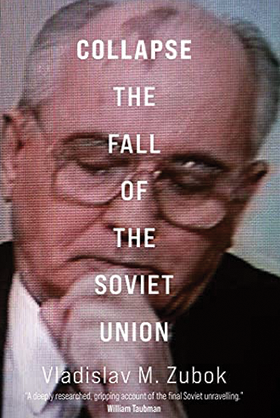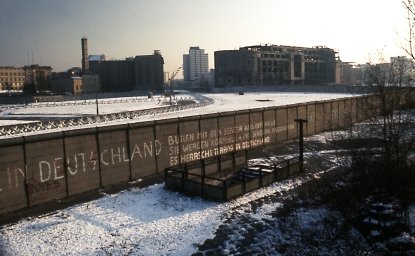Collapse: The Fall of the Soviet Union





Thirty years after the unexpected collapse of the Soviet Union, Vladislav Zubok offers a major reinterpretation of this event, refuting the notion that the breakup of the Soviet order was inevitable. Instead, Zubok reveals how Gorbachev’s misguided reforms, intended to modernize and democratize the Soviet Union, deprived the government of resources and empowered separatism. Collapse argues that the Soviet collapse was primarily a domestic affair, yet the United States also played an extraordinary and poorly-understood role.
A world-leading expert on the USSR and the Cold War, Vladislav Zubok grew up in Moscow, in 1993-2012 lived and taught history in the United States. His best-known books include Inside the Kremlin’s Cold War (with C. Pleshakov, 1996), A Failed Empire: the Soviet Union in the Cold War from Stalin to Gorbachev (2007), and Zhivago’s Children: The Last Russian Intelligentsia (2009). He is now professor of international history at the London School of Economics and Political Science. Notably, Dr. Zubok has been a fellow with the Wilson Center’s History and Public Policy Program three times.
Author

Professor of International History, London School of Economics

Cold War International History Project
The Cold War International History Project supports the full and prompt release of historical materials by governments on all sides of the Cold War. Read more


History and Public Policy Program
A leader in making key foreign policy records accessible and fostering informed scholarship, analysis, and discussion on international affairs, past and present. Read more


Kennan Institute
After more than 50 years as a vital part of the Wilson Center legacy, the Kennan Institute has become an independent think tank. You can find the current website for the Kennan Institute at kennaninstitute.org. Please look for future announcements about partnership activities between the Wilson Center and the Kennan Institute at Wilson Center Press Room. The Kennan Institute is the premier US center for advanced research on Eurasia and the oldest and largest regional program at the Woodrow Wilson International Center for Scholars. The Kennan Institute is committed to improving American understanding of Russia, Ukraine, Central Asia, the South Caucasus, and the surrounding region through research and exchange. Read more




